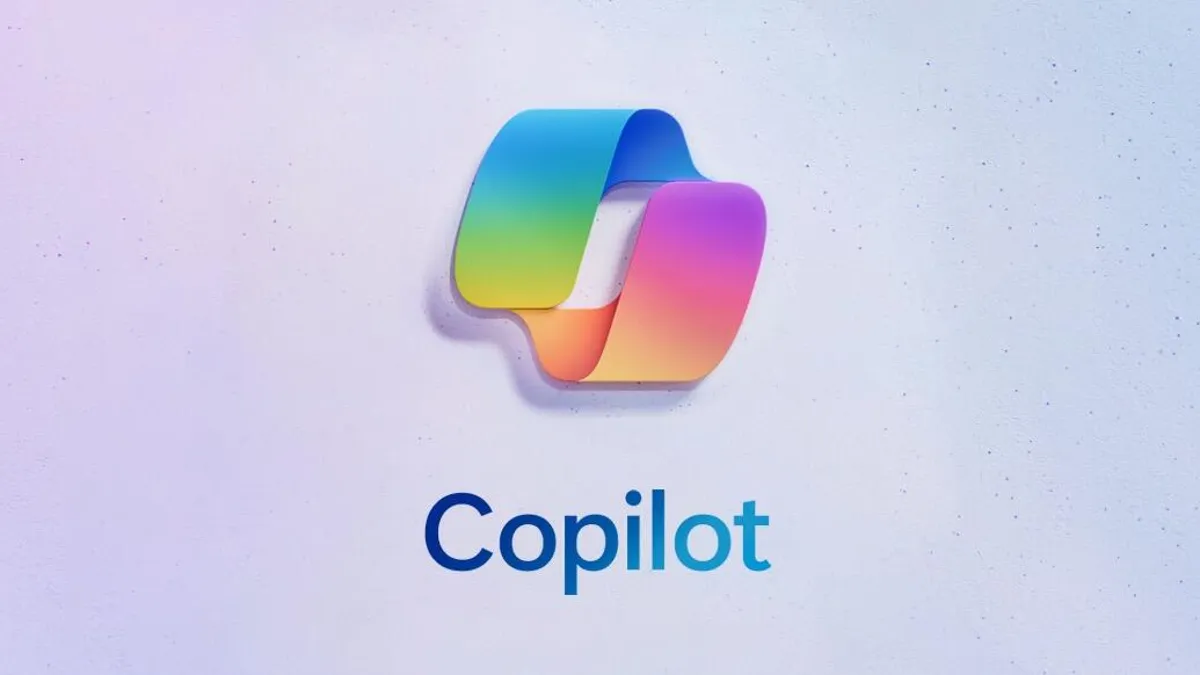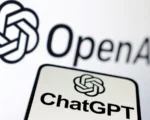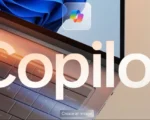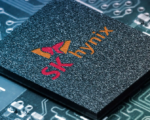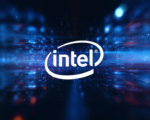These improvements will also elevate the capabilities of Bing Search.
Windows 11’s integrated AI assistant, Copilot, is set to receive significant enhancements in text and image generation, as announced in a press release by Microsoft on Tuesday.
In the upcoming weeks, Windows 11 will welcome the inclusion of GPT-4 Turbo, the latest AI model developed by OpenAI, the creators of ChatGPT. Accompanying GPT-4 Turbo is Dall-E 3, another creation by OpenAI, serving as a text-to-image generator. The integration of these advanced models is expected to result in more intelligent and error-reduced text and image generation capabilities within the Windows 11 environment.
Microsoft’s deep dive into AI comes after it upped its investment into OpenAI earlier this year. Last year, OpenAI grabbed headlines by releasing ChatGPT, an AI chatbot that could answer seemingly any question with a novel answer. With Microsoft’s investment into OpenAI, ChatGPT made its way to Bing, giving some heated competition to Google. Google was also quick to release its own AI chatbot, named Bard, and is currently experimenting with AI-generated answers in Google Search. Microsoft wasn’t satisfied with bringing AI to Bing, so it also integrated generative tech into Windows 11 via a tool called Copilot. It’s an AI assistant that can help you summarize documents or write emails, among many other things. Given how quickly AI is permeating tech, tech companies are planting their flags early as generative AI is estimated to bring in $4.4 trillion annually.
While OpenAI has attracted plenty of attention for its AI tech, it has also grabbed headlines for its corporate upheavals. OpenAI’s nonprofit board recently fired its CEO Sam Altman, only to rehire him days later after an internal revolt by employees. Microsoft quickly swooped in to hire Altman and offered to hire other engineers from OpenAI that were threatening to leave the company. This potential mass exodus put OpenAI in a precarious position, and the nonprofit board, which says it priorities human interest over profit interest, found itself in a bizarre quagmire: either maintain its ethical position or lose key talent to a multi-trillion dollar conglomerate. OpenAI’s board was reportedly concerned about the speed in which Altman was pushing AI tech without enough consideration for its potential downsides.
Bing is also getting some search enhancements. Soon, Bing will be able to do “Deep Search.” This uses GPT-4 to “deliver optimized search results for complex topics.” First, Bing will help you figure out the deeper intent on your queries, interpreting your simple questions and figuring out if you need more in-depth information. Once that’s been established, then Bing will give you a comprehensive answer. Microsoft says Deep Search can rank websites better, filtering through information to sort based on usefulness and trustworthiness. Because Deep Search is, well, deep, Microsoft says it can take up to 30 seconds for it to load a complete result. So it’s best used for more complex queries.
Multi-modal with Search Grounding is a more enhanced version of image search. You can feed an image into Bing and it’ll be able to understand the image and give you answers about it.
And to the distress of teachers, Microsoft Edge users will also be able to rewrite text copied from websites via Copilot.
For those that aren’t on windows 11, Microsoft also has a web version of Copilot that can be accessed from any device.


